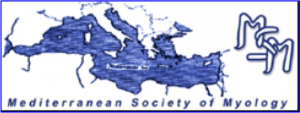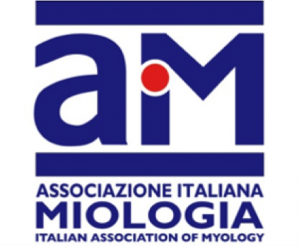DM1 is an autosomal dominant multisystemic disease caused by an unstable CTG repeat expansion in the 3’-untranslated region (UTR) of the DMPK gene. The complex variant DMPK expanded the alleles containing CAG, CCG, CTC and/or GGC interruptions repetition sequences have been reported in 3-8% of DM1 patients. To date, very few information is available about the frequency and clinical consequences of pre-mutated DMPK variant allele. In this study, we describe a three-generation Italian family showing the segregation of an interrupted DMPK allele within the premutation range. TP-PCR with primers complementary to CCG repetitions and direct sequencing allow us to identify a hetero-triplet (CTG)6(CCGCTG)15(CTG)5 repeat structure. The haplotype analysis demonstrated that this variant allele is associated with the European founder DM1 haplotype. The pyrosequencing analysis of the CpG islands contained in the flanking regions of the CTG array, did not show the presence of a cis effect of the CCG interruptions on the methylation profile of the DM1 locus. The analysis of both meiotic transmissions, one maternal and one paternal, revealed the intrafamilial stability of the DM1 premutation among relatives. Our findings further support the hypothesis of a stabilizing effect of CCG interruptions on the mutational dynamics of the DM1 locus, also in intermediate DMPK alleles.






